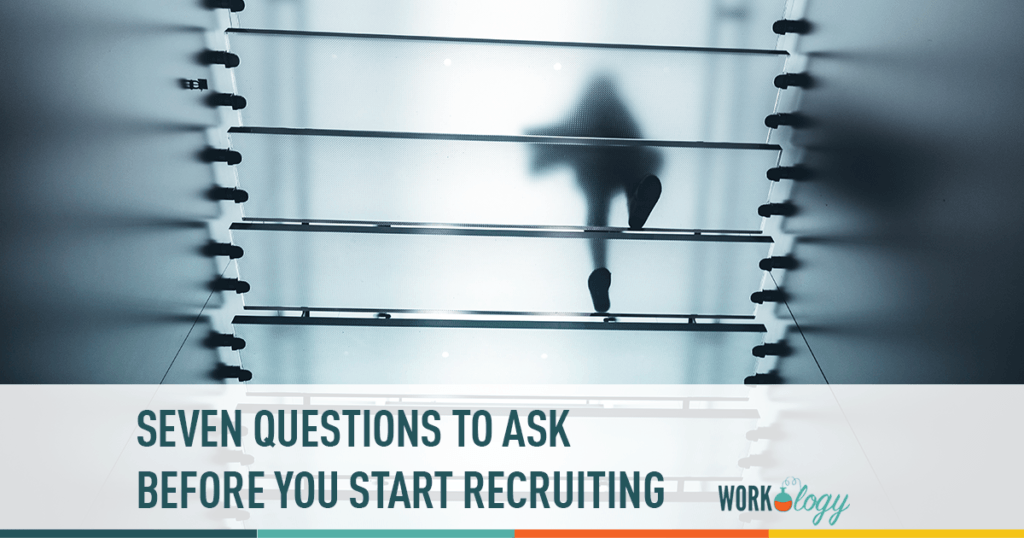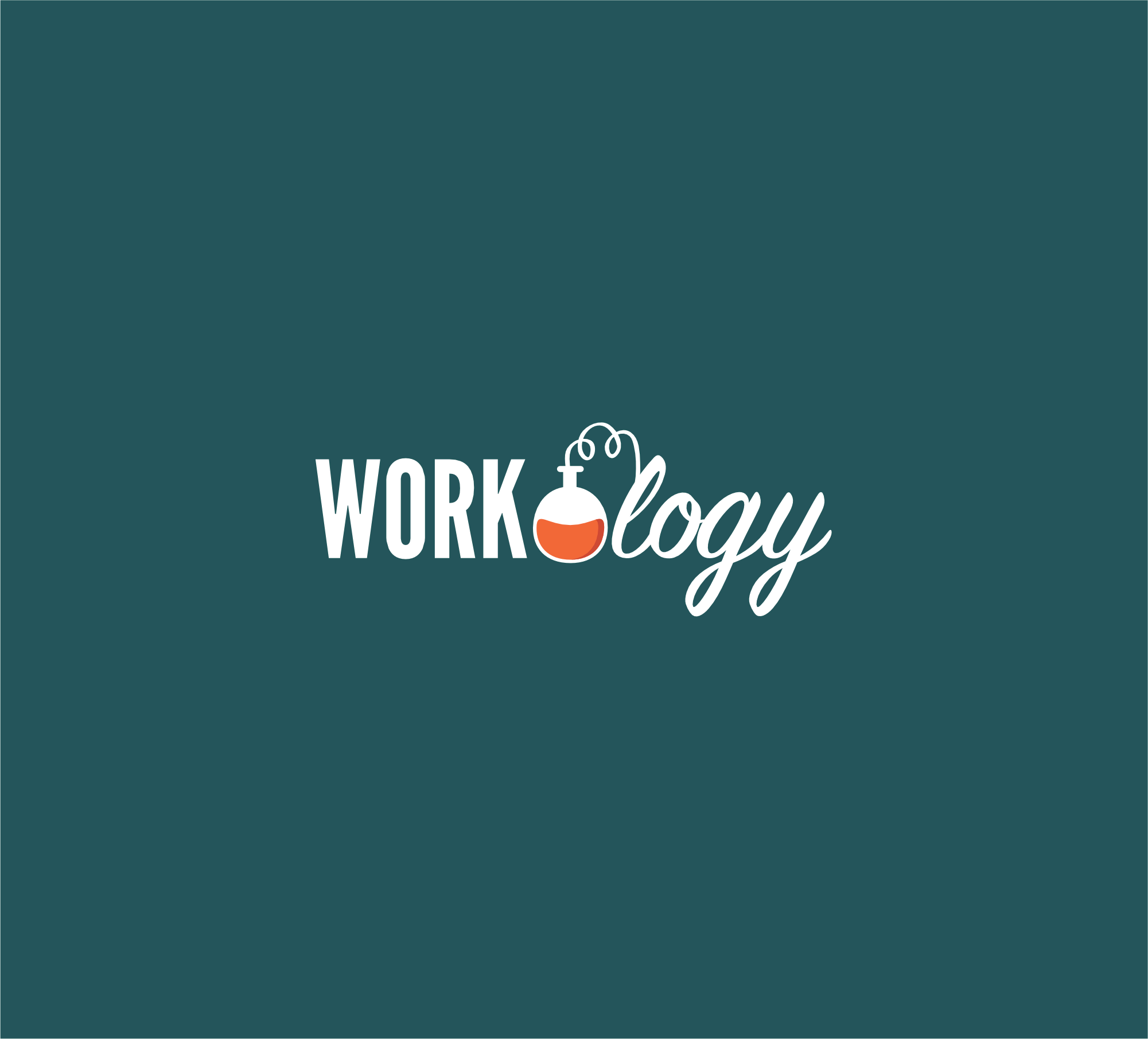Recruiting can be a challenging and lengthy process for corporate recruiters and HR professionals alike. But you can control how challenging and lengthy it really is by asking questions that will help make sure the process, expectations, timeline, and budget are in place before you get started. Ultimately, this will help make sure your recruiting process is efficient and productive, ensuring smooth internal communication and a positive candidate experience!
Start by scheduling a kick-off meeting with your hiring manager before posting the job description and looking for candidates. Then ask the seven questions below.
Seven Questions to Ask Before You Start Recruiting
1. What are your must-haves?
Ask them what must-haves and nice-to-haves they’re looking for. During this conversation, you may discover that they actually need a different level of the position, or a different position completely. In these cases, a new job description may need to be written.
2. What are your timing expectations?
During the kick-off meeting, set expectations in terms of timing. It may take 2-3 weeks for you to have a batch of candidates ready after sourcing, interviewing and putting together submittals. Explain your process and the sources you’ll be using to your hiring manager so they understand what you’re doing and when they can expect to see people. On the flip side, set timing expectations with the hiring manager. Can the hiring manager commit to sending you feedback on the resume/interview notes within 72 hours of you sending it to them? If not, is this the right time to be hiring for the role? Should someone else be the point person for reviewing candidates?
3. What is the budget?
Another excellent use of the kick-off is clarifying the budget compared to what the position typically pays in the market. Make sure the both of you are on the same page. If the budget is set, you may need to compromise on some of the must-haves. If the experience/skills needed for the role are critical, the budget may need to be raised to attract qualified talent. There are many websites and recruiting tools that can provide supply/demand and wage data. If internal equity is an issue, now may be the time to discuss this too!
4. Who’s on the interview team?
You can also use the kick-off to decide on the interview team, amount of interviews, and structure of the interviews before you start recruiting. This lets you clearly communicate to candidates what they can expect. You may find that your manager likes group consensus before making a hiring decision. Empower them by letting them know they are the expert in their area and they have the final say! It’s good to have feedback from others, but make sure those people involved can give the feedback the hiring manager is looking for. A good standard to go by is 2-5 other people who will be their peers, or who they’ll be working with on cross-functional team projects. Meet and greets with the rest of the department can always be done over lunch once an offer is made.
5. How can I support you?
Support your hiring manager by providing interview tools. Some managers do not have a lot of experience interviewing and don’t know what they can and can’t ask. Help them get the most out of their meetings by preparing some guidelines and sample behavioral based/situational based questions.
6. What experience do you want the candidate to have?
It’s easy for hiring managers to forget the simple things. When welcoming the candidate to the building, show them where the restrooms are. Provide them with a bottle of water. Be on time! The candidate is taking time out of their day for the meeting and need to be shown the same courtesy. If the interview is going to be more than a few hours, have someone provide a quick 10-15 minute walking tour so they can stretch their legs. Allow time for them to ask questions.
7. Am I prepared?
Last but not least, make sure YOU as HR are prepared for the initial interviews with candidates! Candidates will likely ask about their potential new manager’s style, the culture of the company, community involvement, growth opportunities and why people like working there. Your energy – either positive or negative – is contagious during this initial interaction with candidates. Be prepared to discuss the position realistically and how it fits into the overall company goals.
Now you’re ready to get started! You’ve got this!
- Añadir a la guía de conversación
- No hay listas de palabras para Inglés -> Español…
- Crear una nueva lista de palabras…
- Copiar








2 Comments
Great read & a great set of questions to ask.
Great read! Specific emphasis on #’s 3 and 5 especially if you are HR recruiting in-house. I have found that often times hiring managers are not informed of what the competitive wages should be to attract top talent, or how it relates to their budgets. We have to be prepared to educate and keep them up-to-date. Also, we (HR) are the experts but asking how we can support opens the dialog for both parties to understand what the expectations are. This could change from one position opening to the next. Communication is key!
Comments are closed.